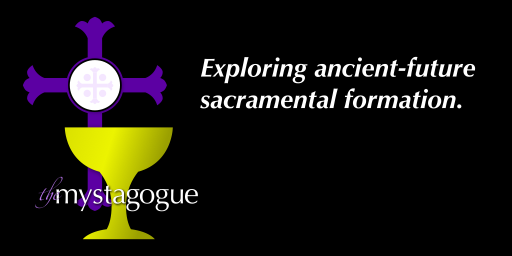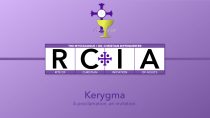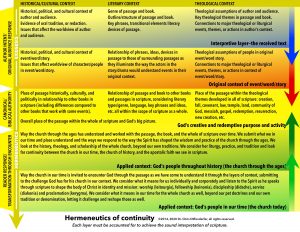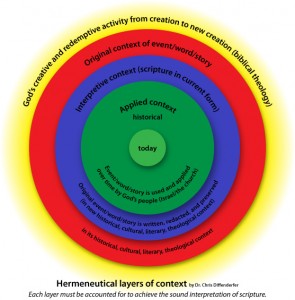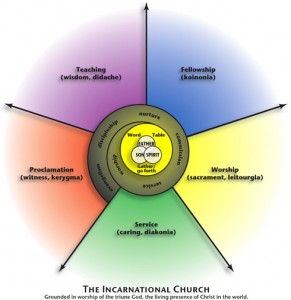Some of these are very good sources to which I make (or will make) reference in material that I post to this cite, but they are not all as directly pertinent to my focus on sacramental spirituality and formation as those I list as recommended sources elsewhere.
Anglican Mission in the Americas. “Solemn Declaration of the Anglican Mission in America, submitted in Kampala, 1999.” http://www.theamia.org/files/Solemn%20Declaration.doc (9 September 2006).
Anglican Mission in the Americas. “What We Believe.” http://www.theamia.org/amia/index.cfm?ID=D44302E0-E9DA-475B-B5ECCE6E69F8CF21 (9 September 2006).
“Articles of Religion, XXV.” In The Book of Common Prayer and Administration of the Sacraments and Other Rites And Ceremonies of the Church According to the Use of the Church of England. 1662 edition, 703-704. New York: Oxford University Press.
“Articles of Religion, XXVIII.” In The Book of Common Prayer and Administration of the Sacraments and Other Rites And Ceremonies of the Church According to the Use of the Church of England. 1662 edition, 705-706. New York: Oxford University Press.
Barclay, William. The New Daily Study Bible: The Acts of the Apostles. Louisville: Westminster John Knox Press, 2003.
Barclay, William. The New Daily Study Bible: The Letters of James and Peter. Louisville: Westminster John Knox Press, 2003.
Barclay, William. The New Daily Study Bible: The Letter to the Hebrews. Louisville: Westminster John Knox Press, 2002.
Barclay, William. The New Daily Study Bible: The Letter to the Romans. Louisville: Westminster John Knox Press, 2002.
Barclay, William. The New Daily Study Bible: The Letters to the Corinthians. Louisville: Westminster John Knox Press, 2002.
Barclay, William. The New Daily Study Bible: The Letters to the Galatians and Ephesians. Louisville: Westminster John Knox Press, 2002.
Barclay, William. The New Daily Study Bible: The Letters to the Philippians, Colossians, and Thessalonians. Louisville: Westminster John Knox Press, 2003.
The Book of Common Prayer and Administration of the Sacraments and Other Rites And Ceremonies of the Church According to the Use of the Episcopal Church. 1979 edition. New York: Oxford University Press, 1990.
The Book of Common Prayer and Administration of the Sacraments and Other Rites And Ceremonies of the Church According to the Use of the Protestant Episcopal Church in the United States of America. 1928 edition. New York: Oxford University Press.
Bruce, F. F. The Book of Acts, revised ed., The New International Commentary on the New Testament, ed. F. F. Bruce, Grad Rapids, Mich.: William B. Eerdmans Publishing Company, 1988.
Clement of Alexandria, “The Instructor.” In Ante-Nicene Fathers: The Writings of the Fathers Down to A.D. 325, Vol. 2, ed. Alexander Roberts and James Donaldson, 207-296. N.P.: Christian Literature Publishing Company, 1885–1900. Reprint, Peabody, Mass.: Hendrickson Publishers, 1999.
Coogan, Michael D. The New Oxford Annotated Bible: New Revised Standard Version, 3rd ed. New York: Oxford University Press, 2001.
Craddock, Fred B. First and Second Peter and Jude, Westminster Bible Companion, eds. Patrick D. Miller and David L. Bartlett. Louisville: Westminster John Knox Press, 1995.
Dyrness, William. Themes in Old Testament Theology. Downers Grove, Ill.: InterVarsity Press, 1979.
Griffith Thomas, W. H. The Principles of Theology: An Introduction to the Thirty-Nine Articles. Eugene, Oregon: Wipf and Stock Publishers, 2005.
Latourette, Kenneth Scott. A History of Christianity. Vol. 1, To A.D. 1500. New York: HarperCollins Publishers, 1975. Revised ed., Peabody, Mass.: Hendrickson Publishers, Prince Press, 2003.
“The Ministration of Publick Baptism of Infants to Be Used in the Church.” In The Book of Common Prayer and Administration of the Sacraments and Other Rites And Ceremonies of the Church According to the Use of the Church of England. 1662 edition, 322-331. New York: Oxford University Press.
Mitton, C. Leslie. Ephesians, The New Century Bible Commentary, eds. Ronald E. Clements and Matthew Black. Grand Rapids: Wm. B. Eerdmans Publishing Company, 1973.
Murphy, Joseph P. “Re: Anglican Studies resources question.” Personal email (11 July 2006).
O’Brien, Peter T. Colossians, Philemon, Word Biblical Commentary, eds. David A. Hubbard and Glenn W. Barker, vol. 44. Waco, Tex.: Word Books, Publisher, 1982.
“The Order of the Administration of the Lord’s Supper, or Holy Communion,” In The Book of Common Prayer and Administration of the Sacraments and Other Rites And Ceremonies of the Church According to the Use of the Church of England. 1662 edition, 293-321. New York: Oxford University Press.
Pelikan, Jaraslov. The Christian Tradition: A History of the Development of Doctrine. Vol. 3, The Growth of Medieval Theology (600–1300). Chicago: University of Chicago Press, 1978.
Quicke, Michael J. 360 Degree Preaching: Hearing, Speaking, and Living the Word. Grand Rapids, Mich.: Baker Academic, 2003.
Ross, Allen P. Recalling the Hope of Glory: Biblical Worship from the Garden to the New Creation. Grand Rapids, Mich.: Kregel Publications, 2006.
Stoddard, David A. and Robert J, Tamsey. The Heart of Mentoring: Ten Proven Principles for Developing People to Their Fullest Potential. Colorado Springs: NavPress, 2003.
“The Supper of the Lorde and the Holy Communion Commonly Called the Masse.” In The Book of Common Prayer, 1549 edition. [book online]; available from http://justus.anglican.org/resources/bcp/1549/Communion_1549.htm; Internet.
Sykes, Stephen, John Booty, and Jonathan Knight, The Study of Anglicanism, revised ed. Minneapolis, Minnesota: Fortress Press, 1998.
Zahl, Paul F. M. The Protestant Face of Anglicanism. Grand Rapids: William B. Eerdmans Publishing Company, 1998.

